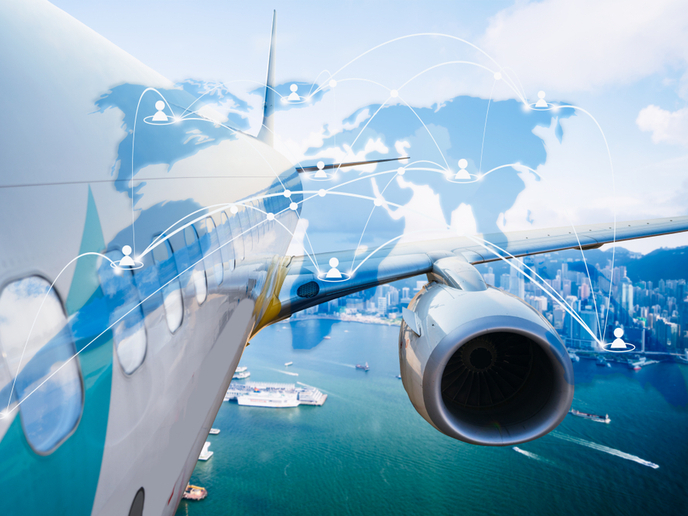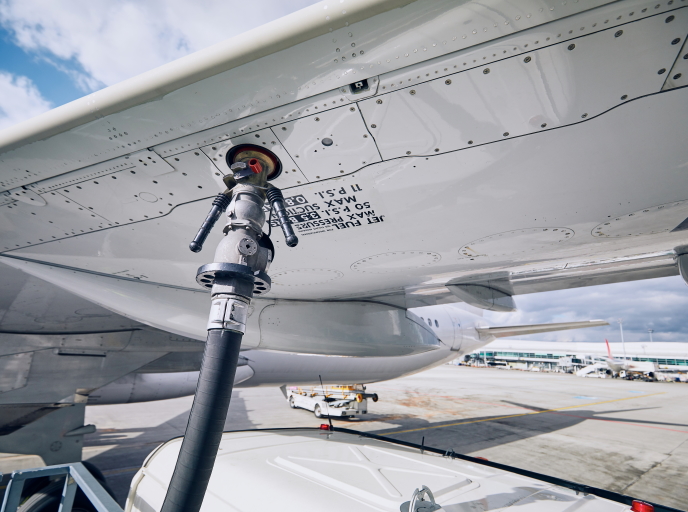Flightpath 2050 goes global
Aviation is inherently an international matter, and even the most elaborated vision of the sector’s future can only work with international support. ICARe (International Cooperation in Aviation Research) findings in this regard are limpid: more than 100 research projects currently foreseen to help Europe reach its Flightpath 2050 objectives are of interest also to other countries. These represent a potential cost topping EUR 500 million, which could be considerably reduced should the European Commission decide to reach out to potential partners on the global scene. ICARe, which was tasked with providing the Commission with recommendations for future international collaboration in aviation research and innovation, identified eight areas of common interest. These cover: environment and energy; materials and structures; safety and security; engineering methodologies and technologies for the future; interoperability; new configurations and optimisation design; supersonic and high speed; and regulation and certification. “For each topic, ICARe partners have identified essential information to facilitate decisions on future technical partnerships. We provide: the shared domains of interest for each country; the associated technical topics; the estimated impacts on the environment and European competitiveness; the scheduling of the topic in the Horizon Europe timeframe; the rough order of magnitude (ROM) costs; and the estimation of the achieved technology readiness level (TRL). This information has been provided to the European Commission to prepare the next calls for proposals in Horizon Europe,” says Patrick Haouat, manager of Erdyn. Perhaps unsurprisingly, the team found that energy and environment are the most important domains for collaboration, especially when it comes to reducing noise, emissions and fuel consumption. The project team conducted a full mapping of technologies and areas of interest for this and other topics. The outcome of this screening is an online technology database which can serve as a basis for deeper and new international cooperation.
A recipe for successful partnerships
The project team also shares non-technical findings that work as a recipe to successful international collaborations. Beyond expected recommendations such as the prioritisation of win-win and equitable partnerships, the respect of intellectual property rights and emphasis on standardisation and certification, the team also points out key factors making success more likely. They notably recommend working at a low TRL, an optimum project duration of 2 to 3 years, and the shaping of a balanced consortium bringing no more than 10 partners from industry, research institutions, academia, SMEs and agencies. “We also have other recommendations,” Haouat points out. “While the aviation sector is the focus for the development of new key technologies, interaction with other sectors (such as digital technologies, artificial intelligence, alternative fuels, energy storage) could benefit from international cooperation. Likewise, we found that multilateral research synergies can result in cost-efficient technological advancements, and that interpersonal links with representatives of Canada, China, Japan, Russia and the United States should be kept alive to continue the dialogue in an already fertilised ground. Finally, links should also be established beyond these five countries.” The project was completed in May 2020, but Haouat says there is still much to be done. “The main results of ICARe are just a screenshot of the current situation and they should be updated in the future. Meanwhile, established links with third countries should be kept alive. This handover needs to be discussed with the European Commission, but involving the ACARE INCO group – whose role is to assess how international collaboration could support the development of technologies listed in the Strategic Research and Innovation Agenda (SRIA) – could be a good option. This group had already worked on international cooperation before ICARe and some of its members have contributed actively to the open platforms and identification of win-win opportunities.”







